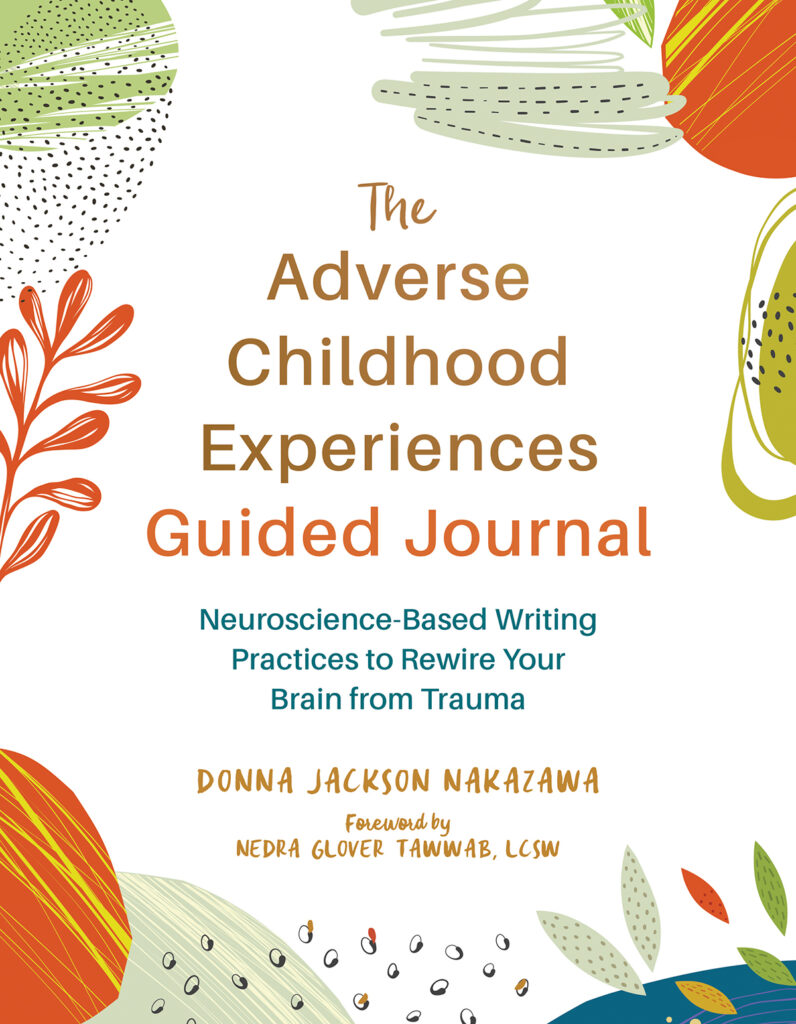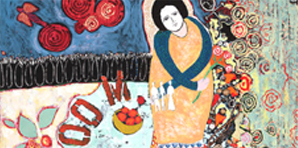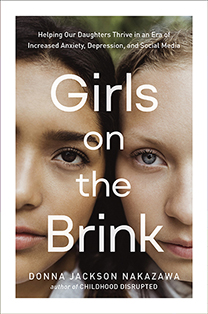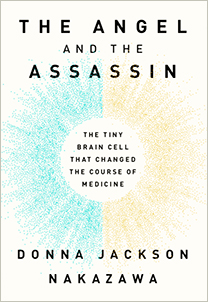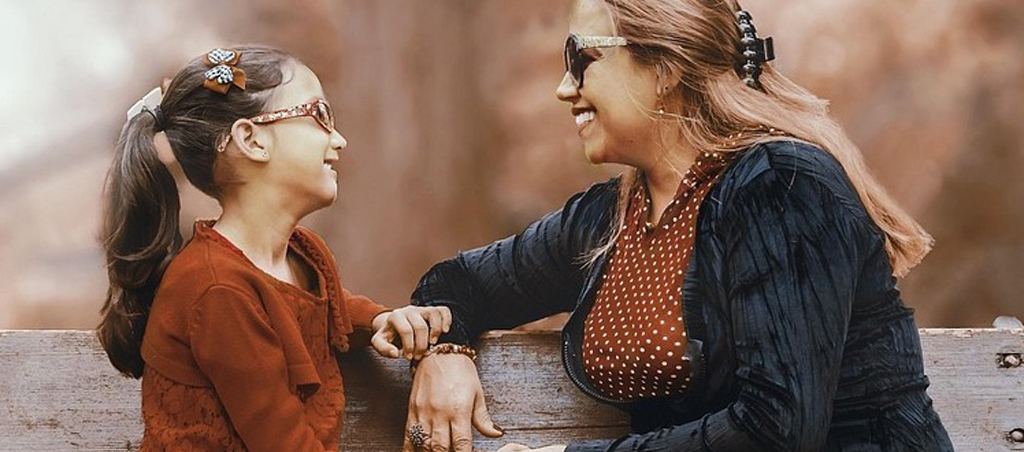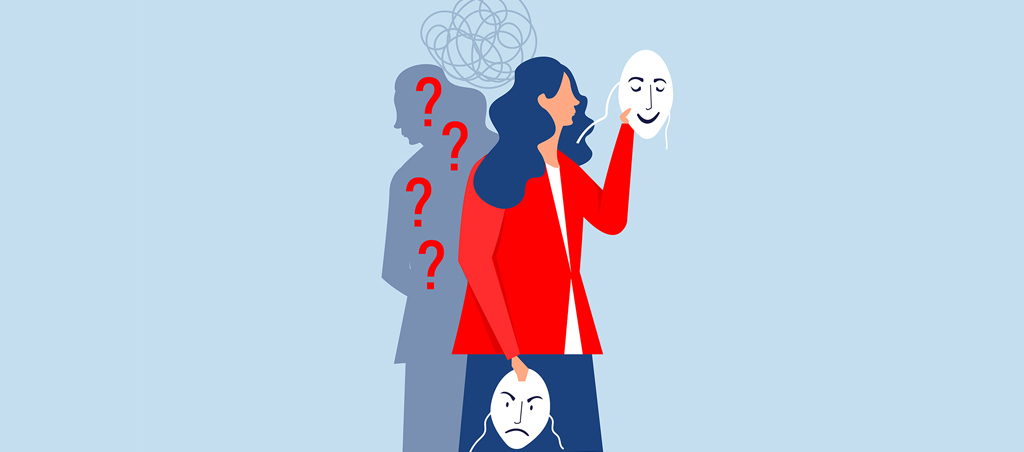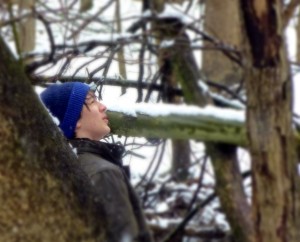
This past Easter weekend, we spent many afternoons in the woods, walking trails, going on photo expeditions. My husband, son and daughter and I are great lovers of what I call “green music” — the music of the rustling trees. We all enjoy the hum of how nature nurtures.
I think for most of us that’s true. Research tells us that our cellular responses in nature are very different from those we have when we are in urban settings.
We used to live in Japan, where physicians sometimes prescribe 20 minutes of Shinrin-yoku, or “forest bathing” – for patients facing chronic conditions. In the United States, when many of our first hospitals were built, they included a sunroom or “solarium” where patients could view nature. The instincts of both Japanese physicians and early architects of American hospitals were spot on. Patients who enjoy a view of nature and trees heal more quickly, spend less time in hospitals, need fewer pain killers, and have less post-op complications than those in an urban setting. In our day-to-day lives, when we seek out “nearby nature” we tend to be healthier overall, and feel greater life contentment and satisfaction.
It makes sense. Immunologic studies show us that a walk through a forest pumps up our parasympathetic nervous system and suppresses the sympathetic nervous — or stress-now system — for hours and even days. We do better on memory and attention tests after walking through nature. Immersing ourselves in nature results in lowered levels of inflammatory markers linked to virtually every disease from depression to back pain to autoimmune conditions to cancer.
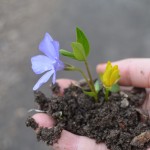
I often take walks during my writing day, and today, I felt the first fingertips of spring playing across the daffodils and crocuses outside my window, as if it were touching my cells. I called the dogs and headed out the door. I felt a lot of the worry and stress I’ve been carrying around with me (book tour is very fun, but also stressful) fall away.
I’ve been catching my thoughts a lot lately: my worry about whether I’ve been doing enough promoting, social media, and book readings to spread the word about The Last Best Cure (I love doing book readings, but am not that great at social media!). Worry about getting going on researching the next book (it’s a critical topic… stay tuned!). Worry over my stamina between book tour and organizing Easter (this year, we had an unusual Easter egg hunt for all of the grandparents — those aged 75 and up got to play! Now that was fun, watching the grandparents hunt for eggs in the garden on Easter morning, laughing like children with baskets in hand!). Worrying if my kids were getting short-shrift as I travel around. And thinking about the reality of college next year, and what it will be like to have my son be so far away.
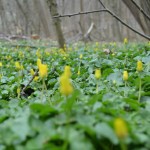
I did a walking meditation under the budding trees. I listened, really listened, to the green music. I felt the life rising beneath my feet. Something very different began to fill me as I gazed out at the green ground cover and flowers starting to sweep the hills and fields like a carpet, leaping over the rocks and lichen and between the Jack in the Pulpit and beneath the fallen trees.
I thought of something my son used to say when he was seven or eight, after seeing a show on PBS about string theory. “Mom, at the very center of things, in the middle of every atom of every tree and every rock and every star and even you and me we are all just strings — masses and masses of beautiful, vibrating strings.”
I felt those strings vibrating inside me, inside the plants and trees. Vibrating in all things. For a second I thought of that oft-quoted moment from the Thorton Wilder play, Our Town. That moment when Emily asks, “Do any human beings ever realize life while they live it? – every, every minute?”
It’s so hard to do that, isn’t it? Realize life? Green music is a portal of sorts that helps me to realize life while I live it. What works for you? What helps you to realize life while you live it? I would really like to know.
Lee J et al. Effect of forest bathing on physiological and psychological responses in young Japanese male subjects. Public Health. 2011 Feb;125(2):93-100. Maller, C. Healthy nature healthy people: ‘contact with nature’ as an upstream health promotion intervention for populations. Health Promot. Int. 2006 March 21 (1): 45-54. Ulrich RS. View through a window may influence recovery from surgery. Science. 1984 Apr 27;224(4647):420-1. Rachel Kaplan and Stephen Kaplan, The Experience of Nature: A Psychological Perspective. (New York: Cambridge University Press 1989). Maller, C. Healthy nature healthy people: ‘contact with nature’ as an upstream health promotion intervention for populations. Health Promot. Int. 2006 March 21 (1): 45-54.
